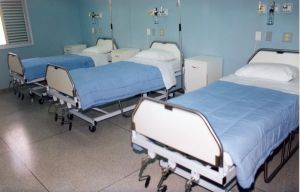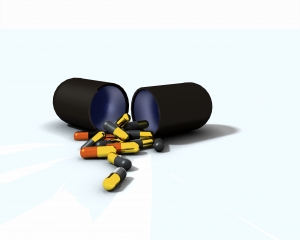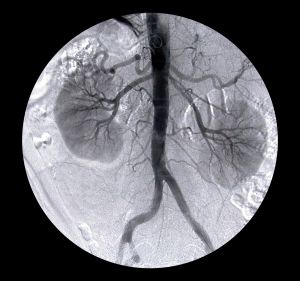Americans routinely suffer from cartilage damage, either from a single injury or because of age, requiring them to turn to dangerous alternatives, including Stryker knee replacements. Knee implants manufactured by Stryker have been linked to serious injury caused by the dangerous medical implants.

According to reports, researchers at UCLA have published the first study to track origin cells and the early development of articular cartilage. The research has led to a kind of “roadmap” for new treatments and therapies to repair cartilage damage caused by osteoarthritis. Advocates for the new therapy claim it can repair cartilage damage so that patients do not have to turn to dangerous medical devices, including Stryker products. Our Stryker hip attorneys are experienced in protecting victims and preventing future injuries. We are experienced in cases involving defective medical devices and can effectively protect your rights if you or someone you love has suffered medical malpractice as a result of a defective medical device.
Stryker has been the subject of litigation for injuries called by the defective knee replacements. In April 2013, a recall of the product was issued to prevent additional injuries caused by poorly-fitting, loose knee implants. The Stryker knee system is a brand developed by Stryker Orthopedics and approved by the FDA in 2005. Older models of knee implants used a single hinge, where the newer Stryker implant model pivoted to maintain a single radius design.
Continue reading
 Product Liability Lawyer Blog
Product Liability Lawyer Blog












